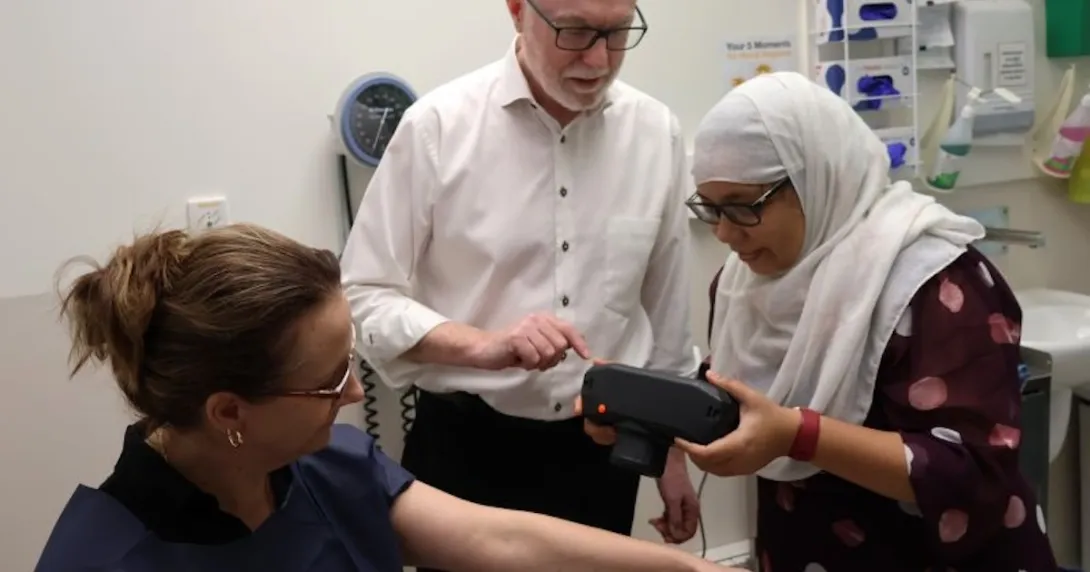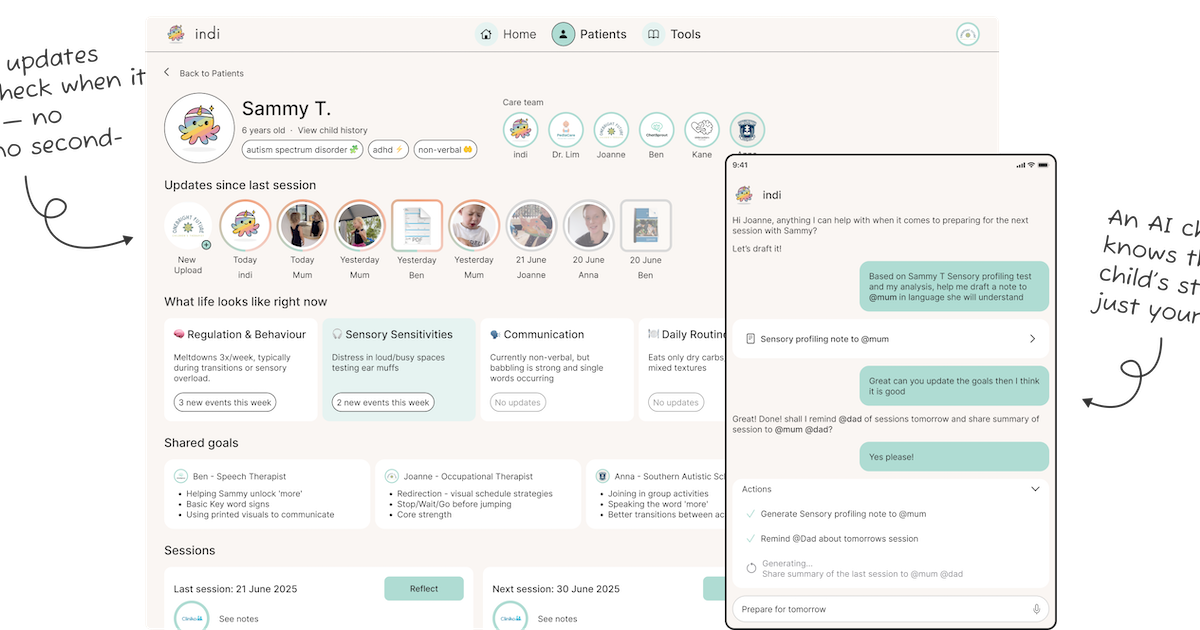
A new AI-powered tool developed at the University of Melbourne has shown high accuracy in diagnosing skin cancer at the point of care.
The university's research fellow, Dr Noor E Karishma Shaik, integrated AI with a handheld device for thermal multimodal imaging to identify abnormal skin lesions in near real time. It can capture multiple data types simultaneously, including heat and physiological information, helping doctors to see beneath the skin's surface.
The AI-enabled rapid diagnostic device has demonstrated 94% accuracy in a pilot at the non-profit Skin Health Institute in Carlton, the university noted in a media release.
WHY IT MATTERS
Skin cancer is the most common cancer in Australia, accounting for 80% of all newly diagnosed cancer cases each year. It affects two in three Australians by age 70, with one person dying every six hours.
Dr Shaik claims that the common method to diagnose skin cancer – which involves visual inspection followed by biopsies – is "flawed" as it is prone to under- and over-diagnose. In 2024 alone, she noted, over 600,000 skin biopsies were unnecessarily performed in Australia, costing over A$400 million ($260 million).
Besides reducing risks of error, Dr Shaik's AI tool "works equally well across all skin tones" and is "less time-consuming and costly."
The AI tool is now being tried out with skin cancer clinic chain MoleMap Australia to validate its use in real-world clinical settings and inform regulatory approval. A full commercial rollout is expected within two to three years.
MARKET SNAPSHOT
Another recent innovation in skin diagnostic imaging is an AI model that can enhance the ability of even non-dermatologists in diagnosing skin conditions. Developed by an international research team led by AI experts from Monash University, the dermatology decision support tool called PanDerm outperformed clinicians in spotting early-stage melanoma by 10%.
There is also a desktop system for assessing an early sign of skin cancer – damage caused by UV radiation exposure to the eye, which is now being translated into mobile devices to become part of routine skin cancer screening.


